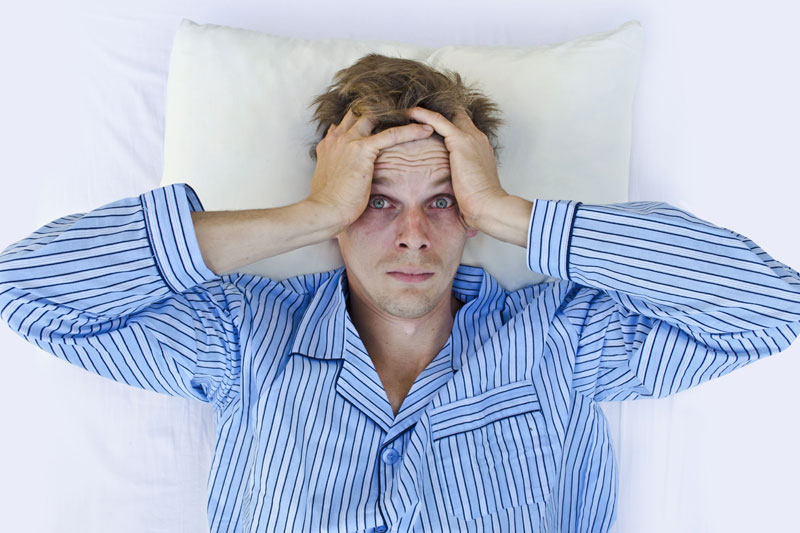Causes And Symptoms Of Sleep Apnea
The apneic episodes happen when the airway opening is blocked while the patient is asleep. The culprit of the obstruction is the soft tissues at the back of the throat, which collapse when the patient is in a reclined position. A spouse or partner may notice that the patient snores loudly, which is a result of air passing through those soft tissues and creating noise. The partner may also detect the pauses in breathing. Patients who have sleep apnea may also frequently have sore throats, headaches or dry mouth in the morning. Many patients notice daytime drowsiness, mood changes and difficulty focusing or paying attention, too.
What are the risk factors for sleep apnea?
Certain traits or lifestyle factors can increase a person’s risk for having sleep apnea. These include obesity, male gender (although the risk for women increases after they have completed menopause), large neck circumference, having an atypically small lower jaw, large tonsils and hypothyroidism. You may also be more susceptible to sleep apnea if you drink alcohol before bedtime. Sedative or tranquilizer use can also increase a person’s risk of having sleep apnea, as can smoking.

